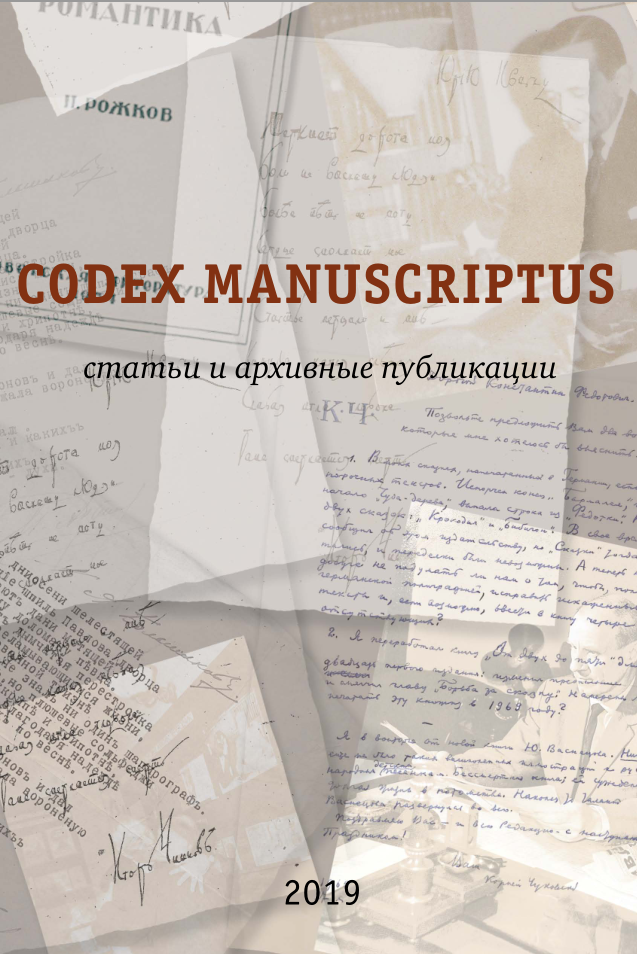Abstract:
The magazine “Вестник тeaтрa” (“The messenger of the theater”) appears with the restructuring of theatrical affairs by the Bolsheviks, it is the militant organ of the theatrical department (TEO) placed, in Moscow, under the tutelage of Lunacharsky, commissar for Public Enlightenment. The February 1917 revolution had raised hopes of an autonomy of theatrical affairs which would be taken in hand by the main actors of the big companies. But, from October 1917, a nationalization is looming. The theatrical milieu must be taken over and converted to the socialist policy which fights bourgeois intellectuals and seeks to promote a new proletarian theater. Meyerhold took over “The messenger of the theater” in the fall of 1920 and transformed it into a place of controversy and attacks against apoliticism, realistic and psychological traditions. He introduced the civil war to the theater in the name of “Theatrical October”. For three years, “The messenger of the theater” presents the challenges of the reconstruction of the theater: the improvement of material conditions, particularly in the provinces, the steps of centralization, the revision of the repertoire, the reform of actor training. The magazine also chronicles the main politico-artistic events: congress of workerpeasant theaters, Proletkult, celebrations of May Day and October with grandiose mass actions.






